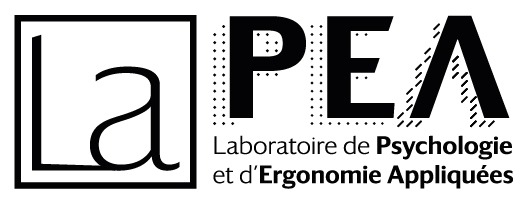This presentation will outline a comprehensive framework of job-engagement based on COR theory.
Jeudi 21 septembre 2023
Résumé :
This presentation will outline a comprehensive framework of job-engagement based on COR theory. Both burnout and job-engagement are multifaceted phenomena revolving around intrinsic energy resources, or vigor. Cognitive and behavioral inclinations, such as behavioral inhibition versus approach orientation, are considered to be close co-travelers. Burnout results from a slow, stressful process of resource bleed out that is not counterbalanced by resource gains, thus accumulating to significant losses. In contrast it is proposed that job-engagement is the result of the inverted process of real or anticipated resource gains. Gains become significant if they feed into peoples’ primary resources, which are essential for survival or relate to basic needs, but they must also support peoples’ psychological resources of sense of efficacy, self-esteem, and sense of success.
COR theory emphasizes that changes in resource levels are the principle axis by which job-engagement process (and burnout) are activated and sustained, or inhibited and curtailed. This means that, no matter how excellent people’s performance, just staying the course without generating further gains is not expected to be very engaging. In such cases, people need to take investment risks in order to initiate further positive changes. Based in this idea a new framework is proposed for boosting engagement at work based on general principles of COR theory, called striving for dynamic stability and tolerance for failure. The starting point for this framework is creativity and innovativeness as key to job-engagement. The building blocks are flexibility, balance, diversity, interdependence, loyalty, trust and tolerance for failure. We emphasize that these building blocks are important resources on both individual and environmental level, that need to fit together in order to activate and sustain engagement processes. Synergy between individuals, teams and the organization needs to be emphasized where possible, which keeps the focus on strengths and resource gain. Hopefully our framework provides an impetus for extending current job-engagement research towards original dynamic multi-level investigations.
Biosketch du chercheur:
Stevan E. Hobfoll, Ph.D., ABPP, has authored and edited 14 books, including Traumatic Stress, The Ecology of Stress, Stress Culture and Community, and Tribalism: The Evolutionary Origins of Fear Politics. In addition, he has authored over 300 journal articles, book chapters, and technical reports. He has been a frequent workshop leader on stress, war, and terrorism, stress and health, and organizational stress. He has received over $18 million in research grants on stress. He was Distinguished Professor of Psychology at Kent State University and Presidential Professor of Behavioral Sciences, Medicine, Preventive Medicine and Nursing at Rush University Medical Center.
Dr. Hobfoll headed NATO workshops and co-chaired the APA National Commission on Stress and War during Operation Desert Storm, guiding policy about the treatment of U.S. military personnel and their families. He was a member of Disaster Mental Health Subcommittee: National Biodefense Science Board (NBSB) for the U.S. Department of Health and Human Services. In the wake of the November 2009 terrorist attack on Fort Hood, Dr. Hobfoll was engaged by the U.S. Army as a principal consultant for recovery and resiliency for Fort Hood and the surrounding community. His Conservation of Resources theory has been adopted as a basis for the U.S. Marine Corp’s stress manual and by the senior-most planning elements of the U.S. military forces for their understanding of stress and resilience in U.S. Forces. Finally, his Five Principles of Mass Casualty Intervention has become the world standard for organizing and guiding the response to mass casualty and mass stress events (e.g., refugee flight and adaptation), adopted by the World Health Organization, the International Red Cross and Red Crescent Societies, and countries and NGOs around the world.
Dr. Hobfoll has been honored with multiple lifetime achievement awards for work on traumatic stress, and work on stress and health. He is currently in private practice, focusing on treatment of traumatic stress and forensic evaluation in the Salt Lake area and Chicago (h-index 89; 5600 citations, 4-21).
Liens vers papiers ou site du chercheur :
https://www.researchgate.net/profile/Stevan-Hobfoll-2
À lire aussi
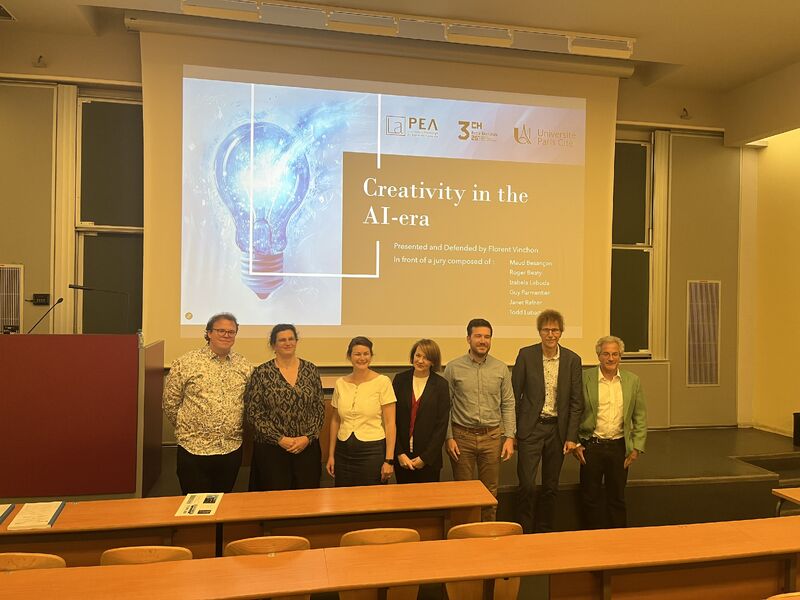
Soutenance de thèse de Florent Vinchon
Mercredi 21 mai à 9h, à l’Amphithéâtre Anzieu de l’Institut de PsychologieTitre de la thèse : "La créativité à l'ère de l'intelligence Artificielle" Résumé de la thèse : Avec la popularisation des IA Génératives (GenAIs), un intérêt croissant s’est développé autour de...
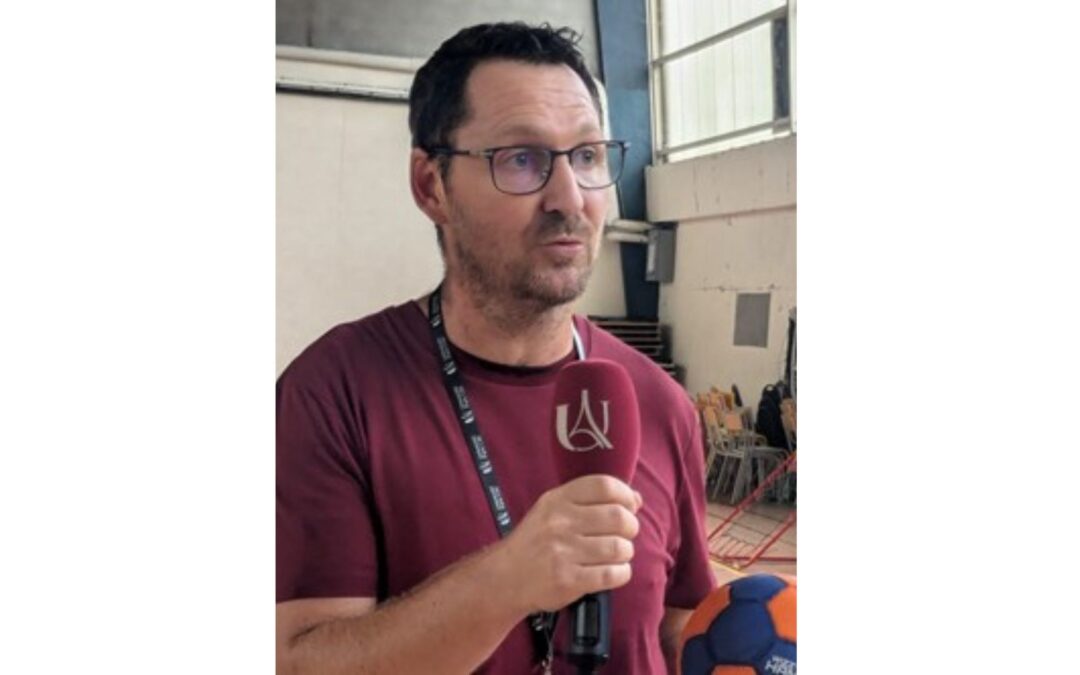
Alexandre Oboeuf : “Créer en jouant : la créativité motrice en situation incertaine”
Jeudi 19 juin 2025 à 10h30 en 2036. © Résumé : Dans les sports collectifs, que ce soit en club ou à l’école, la performance est souvent réduite à des critères physiques, techniques ou tactiques. Pourtant, les individus les plus performants ne sont pas...
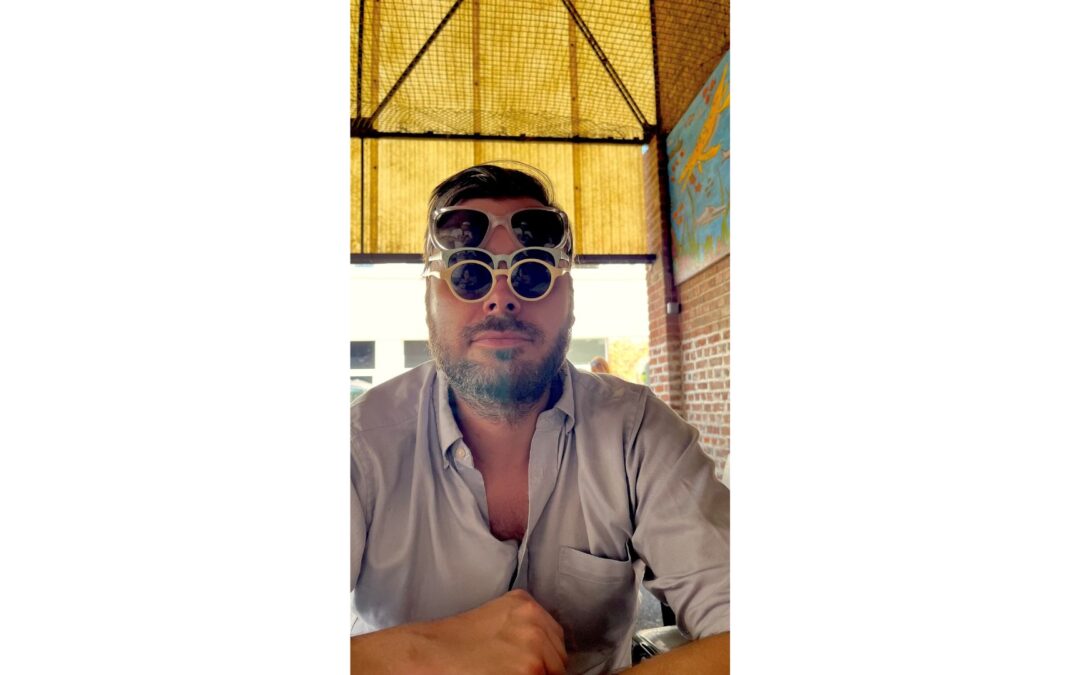
Raphaël Juillard : “Le Chercheur-Obstacle : Pour l’Étude du Moteur Créatif, entre Anthropologie et Psychologie”
Jeudi 27 mars 2025 à 10h30 en 1046. © Résumé : Le moteur créatif serait ce qui permet à l’artiste de traverser et progresser dans les étapes (Wallas, 1926) du processus créatif. Le Chercheur-Obstacle est un cadre théorique et méthodologique cherchant à en...
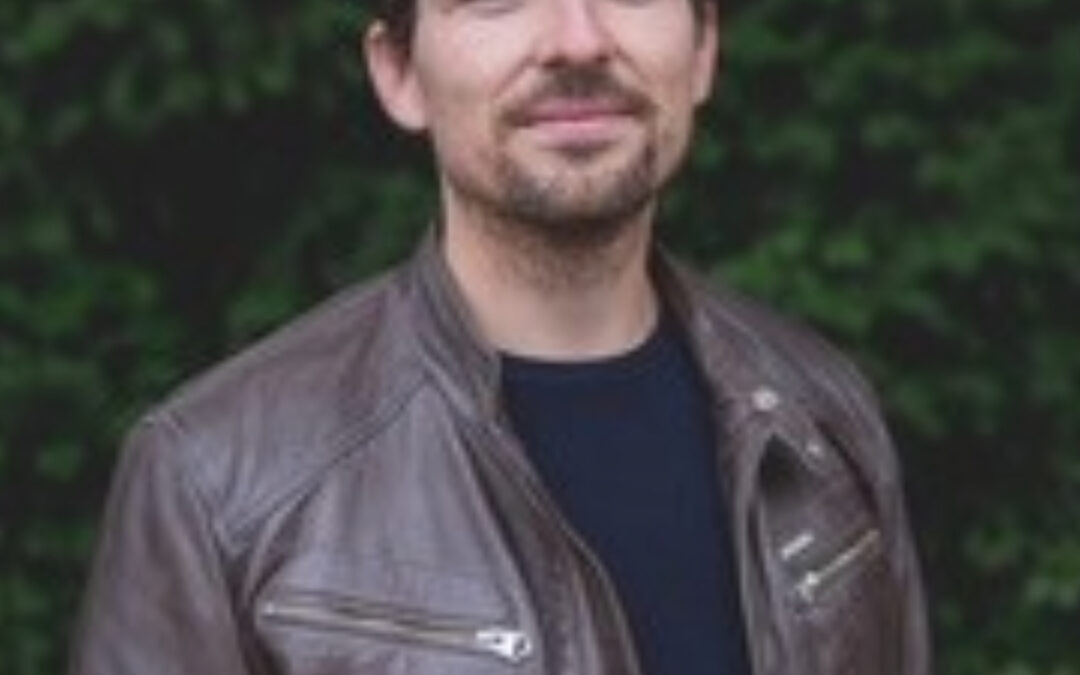
Jordan Navarro : De la coopération Homme-Machine à la symbiose Humain-Technologie
Jeudi 13 mars 2025 à 10h30 © Résumé : Un premier volet de la présentation portera sur les coordinations perceptivo-motrices en conduite automobile manuelle et assistée. Le second volet traitera de l’automatisation de l’activité de conduite automobile. Il...
